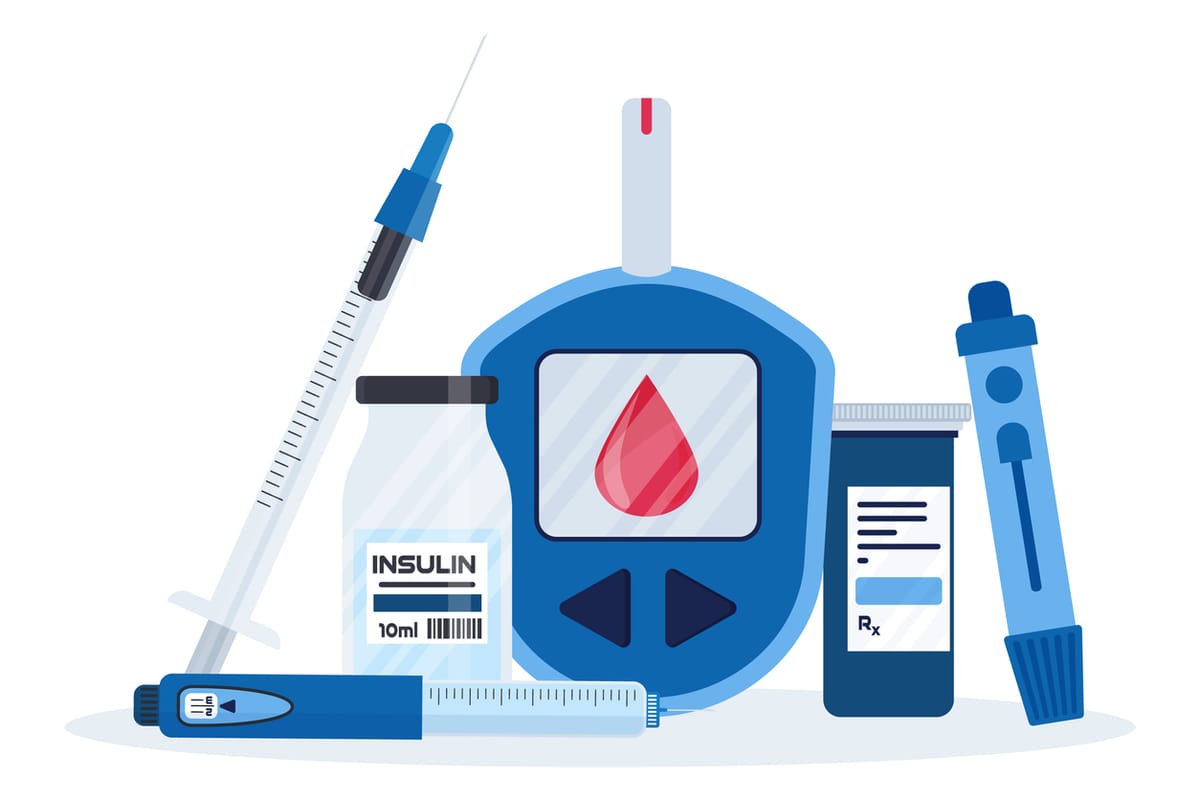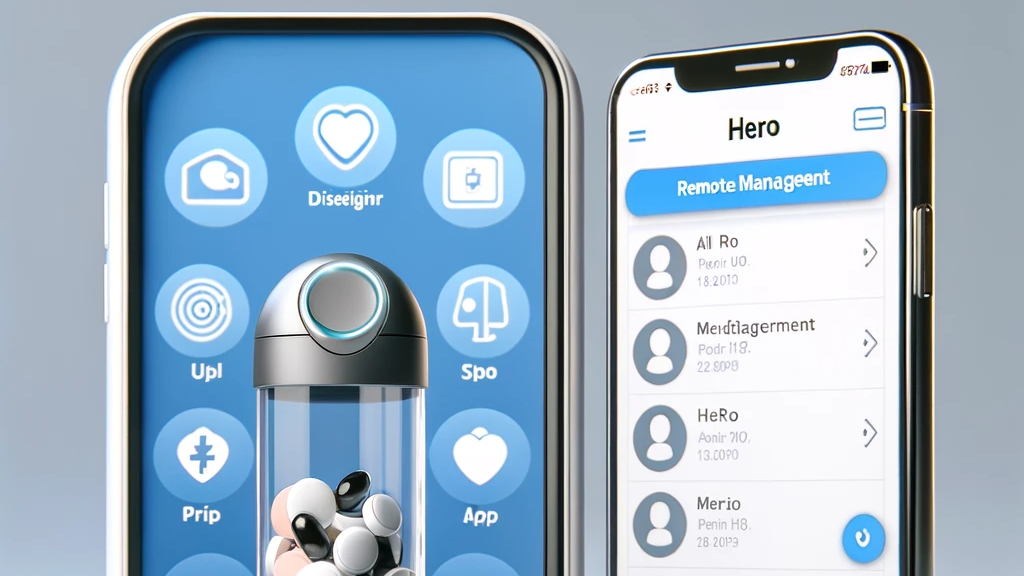Can I Deduct Medical Expenses? Understanding Tax Deductions
Wondering if your medical expenses qualify for a tax deduction? This guide breaks down eligibility, qualified expenses, and tips for maximizing deductions. Learn how to navigate IRS rules to potentially reduce your tax burden with medical expense deductions.

What is the Medical Expense Deduction?
The medical expense deduction is a valuable tax benefit allowed by the Internal Revenue Service (IRS) for individuals who incur significant medical and dental expenses. This deduction can help reduce your taxable income, thereby lowering your overall tax liability. To qualify, your medical and dental expenses must exceed a certain percentage of your adjusted gross income (AGI). For many taxpayers, this threshold is 7.5% of their AGI. By understanding and utilizing the medical expense deduction, you can potentially save a substantial amount on your taxes, especially if you have high out-of-pocket medical costs.
Qualified Medical Expenses
Qualified medical expenses encompass a wide range of costs related to the diagnosis, cure, mitigation, treatment, or prevention of disease. These expenses can include payments made to doctors, dentists, surgeons, chiropractors, psychiatrists, psychologists, and other medical practitioners. Additionally, costs for medical equipment, supplies, and diagnostic devices are also considered qualified medical expenses. Even transportation costs to and from medical care can be included. It’s important to keep detailed records and receipts of all these expenses to ensure they meet the IRS criteria for deduction. By doing so, you can maximize your medical expense deductions and reduce your taxable income.
What Medical Expenses Are Tax Deductible?
When you’re filing your taxes, you may be able to deduct certain medical expenses. Knowing which medical expenses are tax deductible can help reduce the amount of money you owe and save you a significant amount of money over time.
The IRS recognizes a few types of medical expenses as being deductible on your taxes:
- Medical treatments and services
- Prescription medications
- Prescription drugs
- Dental care
- Vision care
- Health insurance premiums
It’s important to note that not all medical expenses will qualify for deductions. In order to be eligible, you must meet certain qualifications and adhere to certain rules. If the medical expense meets the IRS criteria for deduction, then it can be deducted from your taxable income.
Checking eligibility for the medical expense deduction can help you maximize your tax savings and get the most out of your hard-earned money. But, to make sure it’s a valid deduction, there are certain qualifications and limitations you need to know about.
First off, medical expenses are only deductible if they are necessary for medical care. This includes things like office visits, prescription medicines, and medical supplies. Additionally, you must incur the expense as either a taxpayer or their spouse.
To determine whether or not an expense qualifies as a tax-deductible medical expense, you should check with a tax professional or the IRS. You can also look for guidance on the IRS website or in their official publications.
For medical deductions, there are some other basic qualifications that must be met. For example, the medical expense cannot be reimbursed by insurance or other sources. The expense must have been incurred during the tax year, and must exceed 10% of your adjusted gross income.
Finally, you may also be eligible for certain deductions associated with specific medical treatments or conditions. You should check with a tax professional if you believe you may qualify for these types of deductions.
No matter what deductions you are trying to claim, it is always important to consult with a qualified tax professional before submitting your taxes. They will be able to advise you on any eligibility requirements, and help you get the most out of your medical expense deduction!
Understanding Deductible Medical Expenses
When it comes to filing taxes, one of the most common questions people have is: Are medical expenses tax deductible? The good news is, some medical expenses may be deductible as long as certain rules and regulations are followed. Here's what you need to know about deductible medical expenses.
In general, medical expenses must exceed 7.5% of your adjusted gross income in order to be deductible. This means that any medical expenses that surpass 7.5% of your adjusted gross income can be claimed as an itemized deduction. It's important to note that all deductions must be supported by documentation such as receipts or bills. Additionally, deductions cannot exceed the total amount paid for the medical services.
There are many types of medical expenses that may be eligible for the medical expense deduction, including:
- Doctor visits and hospital stays
- Prescriptions
- Dental procedures
- Vision care
- Medical equipment and supplies
- Health insurance premiums
- Travel expenses related to medical care
It's important to remember that only medical expenses that meet certain criteria can be deducted. Be sure to check with a tax professional or the IRS for more information on what types of medical expenses are eligible for deduction.
Prescription expenses can be a large part of medical expenses for most individuals, and thankfully, they may be eligible for deductions. Some prescription expenses that are considered deductible include over the counter medications, vitamins, supplements, and prescriptions.
If you are purchasing over the counter medication for medically necessary reasons, they could be eligible for deduction. For example, if you are treating digestive issues with an over the counter medication, it may be an eligible expense. Vitamins and supplements that are purchased for a specific medical problem may also be considered as eligible deductions.
When it comes to prescriptions, many medications that are prescribed for medical reasons may qualify for deductions as long as they meet the criteria set by the Internal Revenue Service. Generally, these prescriptions must be prescribed by a doctor and they must be taken to counteract a disease or condition that has been diagnosed.
Since prescription expenses can be a significant part of total medical expenses, understanding which expenses are considered deductible and which are not is important when preparing to file your taxes. This will help you accurately list the expenses and ensure that you receive the tax deductions you are entitled to.

Are Health Insurance Premiums Tax Deductible?
Health insurance premiums are the fees paid by individuals who enroll in a health insurance plan to cover the cost of healthcare services. Depending on your eligibility, some or all of these premiums may be tax-deductible, meaning that they can be used as a deduction for tax purposes. Generally, if the premiums are considered an eligible medical expense, you can take a deduction for them on your federal income taxes.
Eligible medical expenses for the deduction must be incurred due to an illness, injury, or other medical condition and must be unreimbursed. This means that you cannot get reimbursed for the costs from your insurance company and still claim them on your taxes. The best way to determine if your health insurance premiums are eligible for a deduction is to consult with a tax professional. It's important to note that contributions to a health savings account (HSA) cannot be claimed as tax-deductible medical expenses, and expenses covered by tax-free distributions from HSAs are not eligible for deductions.
What's the Difference Between Tax Deductible and Reimbursable Medical Expenses?
When it comes to medical expenses and taxes, it’s important to understand the difference between tax-deductible and reimbursable medical expenses. Tax-deductible medical expenses are those that can be used to reduce your taxable income, while reimbursable medical expenses are those that can be paid for by insurance companies or other third-party sources.
To deduct unreimbursed medical expenses, you must ensure that the expenses are not covered by insurance or reimbursed by an employer. Tax-deductible medical expenses can include medical visits, prescriptions, dental and vision care, in-home health services, and more. These items can be deducted from your taxable income if they are considered “unreimbursed” medical expenses. That means you have paid out of pocket for the expenses without reimbursement from insurance or another third-party.
Reimbursable medical expenses can include hospital stays, care from specialists, durable medical equipment, and more. These items may be covered by insurance or other third-party sources, and are considered “reimbursed” medical expenses. When these expenses are paid for by someone else, they cannot be used to reduce your taxable income.
Tax-deductible medical expenses can provide a significant reduction in your total tax burden. However, they must meet certain criteria set forth by the IRS in order to be considered deductible. It’s important to understand the differences between these two types of expenses in order to maximize your deductions and reduce your overall tax burden.
What Types of Treatment Are Considered Medical Expenses?
Medical care expenses can be deductible from your taxes, and the types of treatments that can be claimed depend on your unique situation. Generally speaking, medical treatments and services that prevent, diagnose, or treat injuries and illnesses are eligible for tax deductions. Some examples include:
- Doctor visits
- Prescription medications
- Dental and vision care
- Surgeries and hospitalizations
- Physical therapy
- Counseling and mental health services
- Laboratory tests and X-rays
- Transportation for medical purposes (including ambulance rides)
- Guide dogs for the visually impaired
- Wheelchairs and other assistive devices
It is important to note that not all medical treatments and services are considered deductible. In order to determine if a particular expense is eligible for deduction, you should check with your tax professional or refer to IRS Publication 502.
Are Dental Expenses Tax Deductible?
When it comes to medical expenses, you may be able to get tax deductions for certain dental procedures or services. Generally speaking, any dental care that is considered medically necessary and prescribed by a licensed dentist is deductible. For example, if you need braces or orthodontic treatments, those fees are tax deductible. Additionally, any out-of-pocket fees, such as co-pays for cleanings, fillings, or x-rays, are also deductible.
However, there are some exceptions. Cosmetic dentistry procedures such as teeth whitening, veneers, or any other procedures to “improve the appearance” of your teeth are not deductible. Neither are any fees associated with dental insurance premiums, as they are not considered medical expenses.
Before claiming a deduction on your taxes for dental expenses, make sure to check with your tax advisor to ensure you are eligible for the deduction. With the right documentation, you can save money on your taxes by taking advantage of deductions for medical expenses related to dental care. It's important to keep detailed records of all medical expenses paid, including those for qualifying relatives, to ensure they meet the IRS criteria for deduction.
Are vision expenses tax deductible? This is an important question when it comes to taxes. For many individuals, vision expenses are a necessary and unavoidable cost. Fortunately, these expenses may be eligible for deductions on your taxes.
The Internal Revenue Service (IRS) allows you to deduct the costs of prescription eyeglasses, contact lenses, and other corrective vision treatments. However, you must meet certain eligibility requirements to qualify for this deduction.
In order to qualify for a vision care deduction, you must have either a doctor’s prescription or other certification from an eye care professional stating that the item is medically necessary. This applies to corrective lenses, frames, and contact lenses purchased for yourself, your spouse, or your dependents.
In addition, the IRS considers medical expenses to be qualified deductions if they exceed 7.5% of your adjusted gross income. You must first subtract any reimbursement or other credits related to vision expenses from the total amount before checking for eligibility.
When claiming vision expenses as deductions, you can include the cost of related accessories such as cleaning solutions, cases, and other supplies. It is also important to keep all receipts and invoices related to your vision care expenses in case of an audit.

As with any deduction, make sure to accurately record your vision care expenses and provide documentation to ensure your deductions are accepted by the IRS. Families and individuals who make use of the vision care deduction should understand the rules and regulations to maximize their savings.
Understanding the tax deductions on medical expenses can be a confusing and intimidating process. However, with the right knowledge and guidance, taxpayers can take advantage of deductions to lower their tax bill. In this guide, we’ve discussed what medical expenses are tax deductible, how to check eligibility for the medical expense deduction, what’s the difference between tax-deductible and reimbursable medical expenses, prescription expenses, health insurance premiums, treatments that qualify as medical expenses, dental and vision expenses.
Taxpayers should remember to always consult their local tax professional for guidance on filing taxes correctly and to maximize deductions. Doing so will help to ensure that all eligible medical expenses are included when filing taxes.
When planning for medical expenses, it’s important to remember that you can take advantage of the deductions available on your taxes. Tax deductions for medical expenses can be a great way to save money, but it’s important to understand how the system works and be mindful of the qualifications or limitations that may be in place. Here are some final reminders to keep in mind when maximizing your deductions:
• Remember to track all of your medical expenses. This includes any treatments, services, prescriptions, and staying on top of insurance premiums.
• Make sure you have all the necessary paperwork and receipts when filing your taxes.
• You will need to itemize your deductions on your tax return. This means that you will need to file Schedule A along with Form 1040.
• You may need to fill out additional forms if you are self-employed or if you are claiming any medical expenses for dependents.
• Calculate your adjusted gross income (AGI) and determine if you qualify for the deduction. In most cases, your qualified medical expenses must exceed 7.5% of your AGI to be deductible.
By paying attention to these tips and meeting all the requirements for deductions, you’ll be able to maximize any savings for your medical expenses on your taxes.
Claiming the Medical Expense Deduction
Itemizing on Your Taxes
To claim the medical expense deduction, you must itemize your deductions on your tax return instead of taking the standard deduction. Itemizing allows you to list specific expenses, including qualified medical expenses, which can then be deducted from your income to determine your taxable income. This process involves completing Schedule A of Form 1040 and attaching it to your tax return. On Schedule A, you will list your qualified medical expenses and calculate the total amount of your deduction. Remember, only the portion of your medical expenses that exceeds 7.5% of your adjusted gross income (AGI) is deductible.
It’s crucial to note that not all medical expenses qualify for the deduction. For instance, expenses that are merely beneficial to general health, such as vitamins or a vacation, do not qualify. Additionally, any expenses reimbursed by insurance or other sources cannot be deducted. By carefully itemizing your deductions and understanding which expenses qualify, you can take full advantage of the medical expense deduction and potentially reduce your tax burden significantly.







